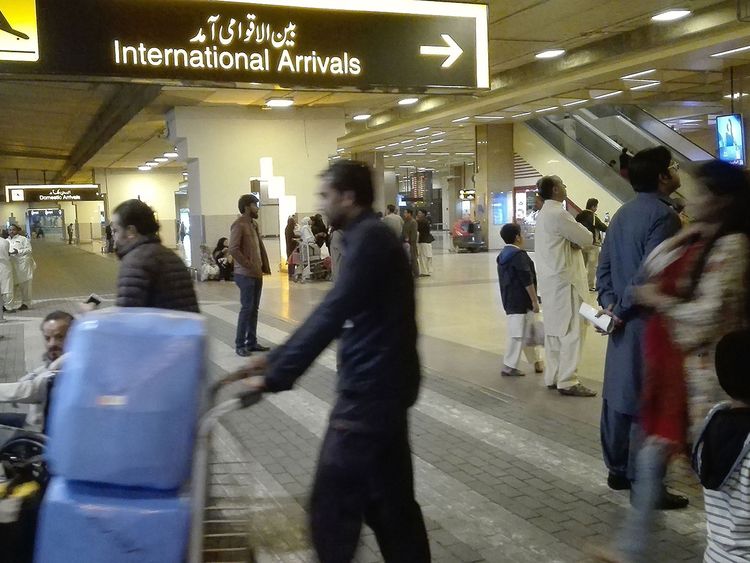As the global economy continues to evolve, many Pakistanis have sought opportunities to work abroad, particularly in the Middle East. These experiences can be enriching both personally and professionally, but they also present unique challenges when it comes to reintegrating into the Pakistani workforce upon returning home. In this blog post, we’ll explore some of the key issues and offer tips for making a smooth transition.
Challenges of Reintegration
One of the primary challenges faced by returning Pakistani professionals is the potential mismatch between their international experience and the local job market. Many have gained valuable skills and exposure working abroad, but find that these may not always translate directly to available positions back home. There can also be cultural differences in terms of work styles, management practices, and expectations that need to be navigated.
Another significant hurdle is the potential for a gap in employment. Many returning migrants face a period of unemployment as they search for suitable roles, with studies showing unemployment rates among returnees can be higher than the general population. This can be demoralizing and make it difficult to maintain professional momentum.
Reintegration can also be complicated by personal factors. Spending an extended period abroad can lead to changes in lifestyle, values, and even personality. Readjusting to life in Pakistan, with its own unique cultural norms and social dynamics, requires flexibility and patience. Relationships with family and friends may have shifted in one’s absence, adding an emotional dimension to the transition.
Opportunities of Reintegration
Despite the challenges, returning to Pakistan also presents significant opportunities for those with international experience. There is a growing demand for professionals with global exposure who can bring fresh perspectives and innovative approaches to the local market. Sectors like technology, consulting, and entrepreneurship are particularly ripe for those with international experience. There has also been an study in this regards published in PubMed journal: Reintegration of Pakistani return migrants.
Returnees also have the chance to apply their skills and knowledge in a context that is deeply familiar to them. The cultural nuances and professional networks they’ve developed over the years can be leveraged to make an impact in ways that may not have been possible abroad. There is a sense of contributing to Pakistan’s development that can be deeply fulfilling.
Moreover, reintegration is a chance to reconnect with family, friends, and communities. The support systems that may have been lacking abroad are now readily available. Returnees can also serve as bridges between Pakistan and the international community, facilitating trade, investment, and cultural exchange.
Tips for Successful Reintegration
1. Manage expectations: Recognize that reintegration will be a process, not an overnight transition. Be patient with yourself and others as you navigate the changes.
2. Leverage your network: Reach out to former colleagues, classmates, and professional contacts in Pakistan. Let them know you’re back and looking for opportunities. Attend industry events and conferences to expand your network.
3. Highlight your international experience: When applying for jobs, emphasize the skills and knowledge you gained abroad. Demonstrate how these can benefit potential employers in the Pakistani context.
4. Consider entrepreneurship: If you’re having trouble finding the right job, starting your own business could be an option. Your international experience and fresh ideas could give you a competitive edge.
5. Be adaptable: Be willing to take on new challenges and learn new skills. The Pakistani job market may be different from what you’re used to, so approach it with an open mind.
6. Maintain a work-life balance: Don’t neglect your personal life in the pursuit of professional success. Make time for family, friends, and hobbies to maintain a healthy balance.
7. Give back: Share your knowledge and experience with others. Mentor young professionals, volunteer with organizations, or teach at universities. Giving back can be personally rewarding and help you feel more connected to Pakistan.
Conclusion
Returning to Pakistan after working abroad can be a complex and challenging process, but it also presents significant opportunities for personal and professional growth. By managing expectations, leveraging their networks, highlighting their international experience, and maintaining a positive attitude, returning Pakistanis can successfully reintegrate into the local workforce and make valuable contributions to the country’s development. With the right mindset and support, the journey of reintegration can be a rewarding one.

